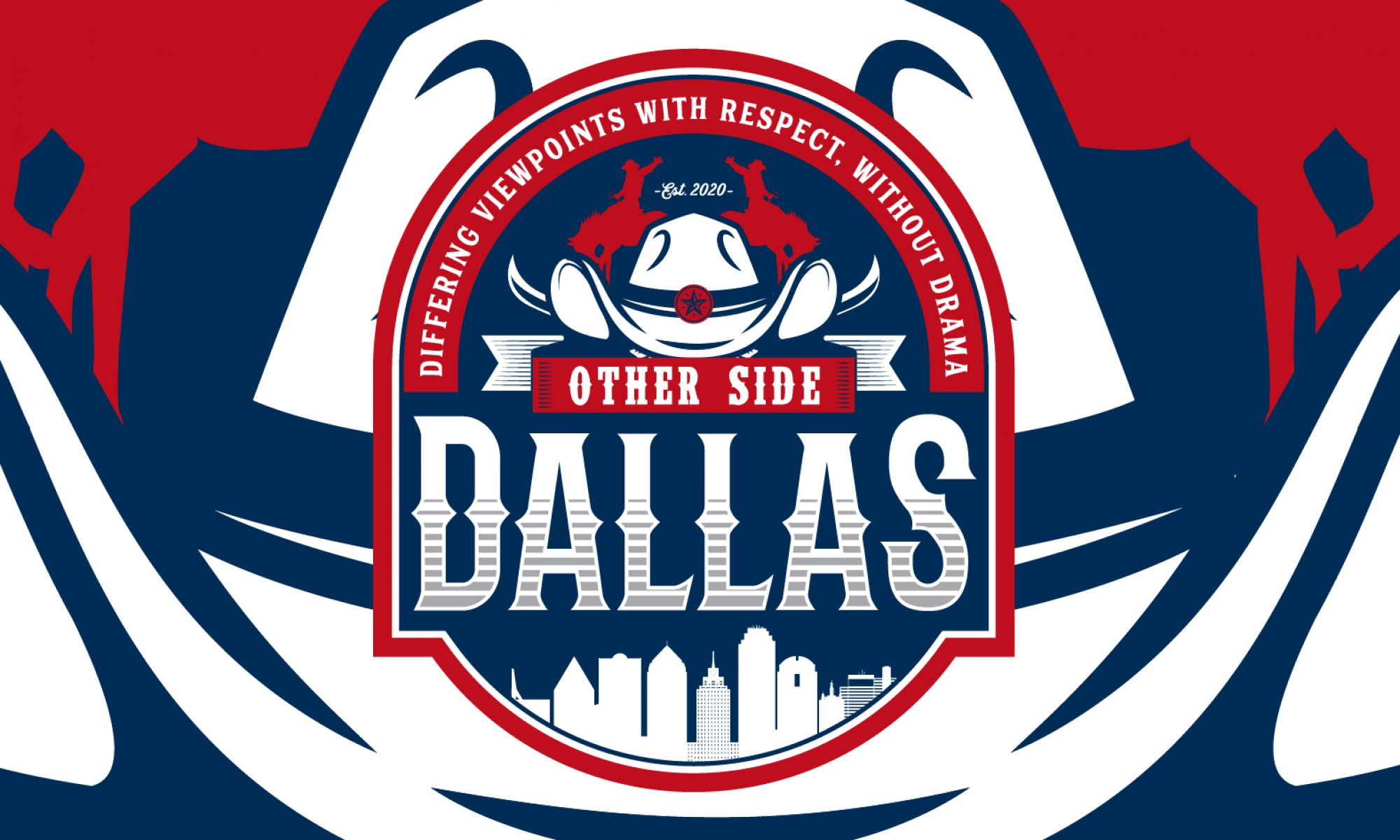Are Dallas Police Department (DPD) officers drinking performing duties? Several have voiced confusion by the DPD response to the Margaret Hunt Hill Bridge incident and the decision making that followed.
There are currently multiple accounts of what happened on the bridge from Chief Hall’s statements at the time, City Council Members who have backed her account, and citizen protestors who suffered the attack. A question exists about decision making and who had authority to make decisions. This includes why Lt. Brian Payne, an officer previously arrested in Ft. Worth for a road rage incident, was in charge of arrests on the bridge that night.
Another, bigger, question though is why is does this poor decision making continue to pervade the City of Dallas and its police department. Example? Lieutenant Brian William Deininger.
Deininger is currently assigned to teach the Standard Field Sobriety Testing program at the Dallas Police Department Academy. The problem with that is he was found unresponsive in his vehicle less than a year ago with multiple open containers of beer, not remembering how he got there, and denying medical any relevant medical history.
Granted mistakes happen to all of us and persons are innocent until convicted, but aren’t officers supposed to be held to a higher standard given the position they are placed in daily?
According to one police officer we spoke with, Deininger is an example of the problems with DPD right now.
DPD requires you, as a Dallas Police Officer, to be cooperative in any investigation by any other agency, especially if you’re a suspect. While Irving Police Department may have been doing him a favor or “helping him out” as this commander suggests by charging him with Public Intoxication and not Driving While Intoxicated, it is clear Deininger was not fully cooperative.
The officer continues “Brian is most certainly asking for preferential treatment when they’re asking him to preform SFST’s. Since he refused and it’s on camera that he refused he should have been terminated.” It is unclear why the Internal Affairs Division did not take further action, but both officers and suspects have complained about the IAD complaint process.

After watching the video, it seems clear Deininger is asking for preferential treatment saying he would handle it any way the officer wanted to handle it. He knows the procedure that should be followed – though he may have been too intoxicated to follow it.
DPD Lt. Brian Deininger
This was not Deininger’s first brush with other law enforcement though. In 2011 he was a suspect in a domestic violence case. It is unclear if Dallas’ thin blue line assisted in the choking case in the 2800 block of McKinney Avenue, but charges were dropped when the victim chose not to press charges – common in domestic violence cases.
The Margaret Hunt Hill Bridge incident may seem like an isolated case, but it appears DPD has an ongoing problem both recruiting officers and maintaining their understanding of laws and regulations that apply to them. They clearly can pass tests administered by the state, but can they follow common sense and make good decisions while on the beat?
The George Floyd Protests are exposing issues not only in May and June 2020, but a longer record of problems within the department that go beyond a singular event or police chief. The question is will Reneé Hall stay defensive about her command tenure or will she work to correct these problems that are evident for everyone to see.

7 Replies to “DPD = Drinking Performing Duties?”